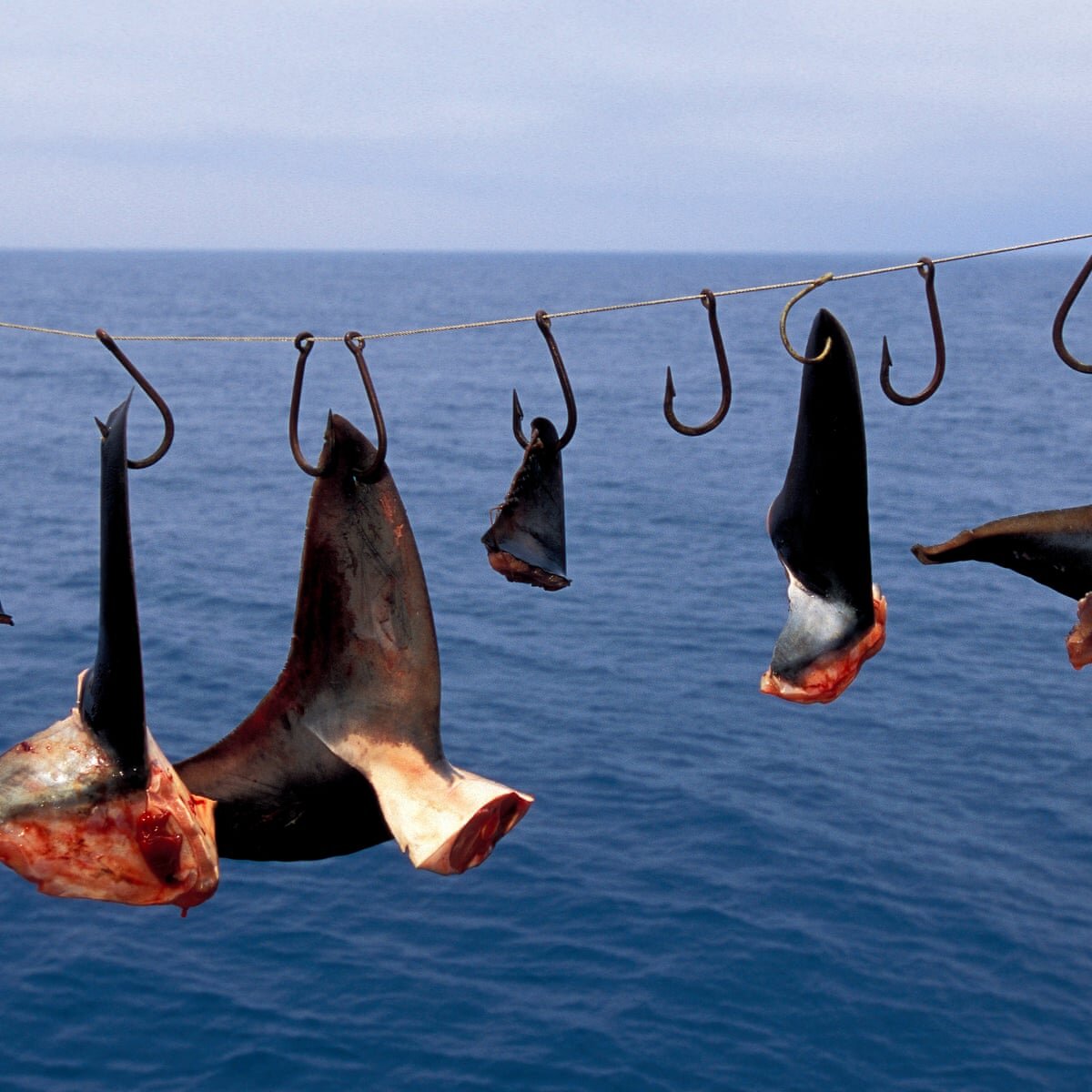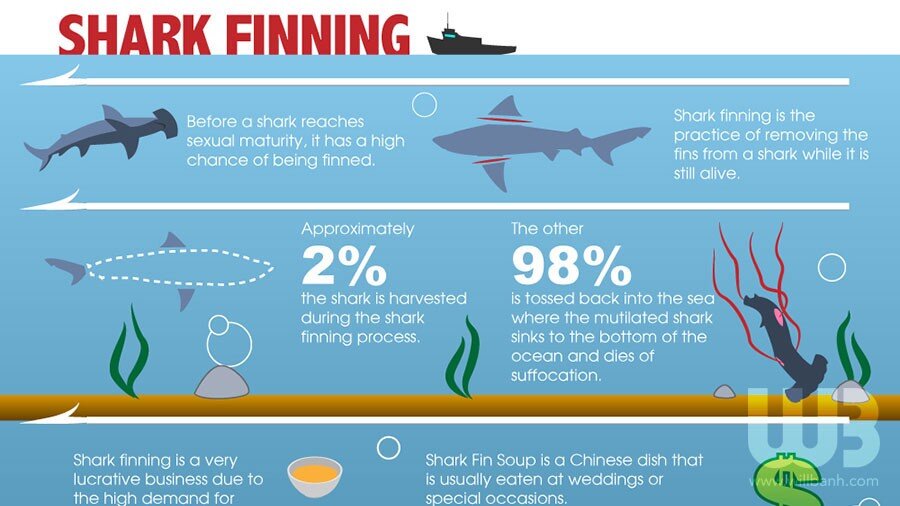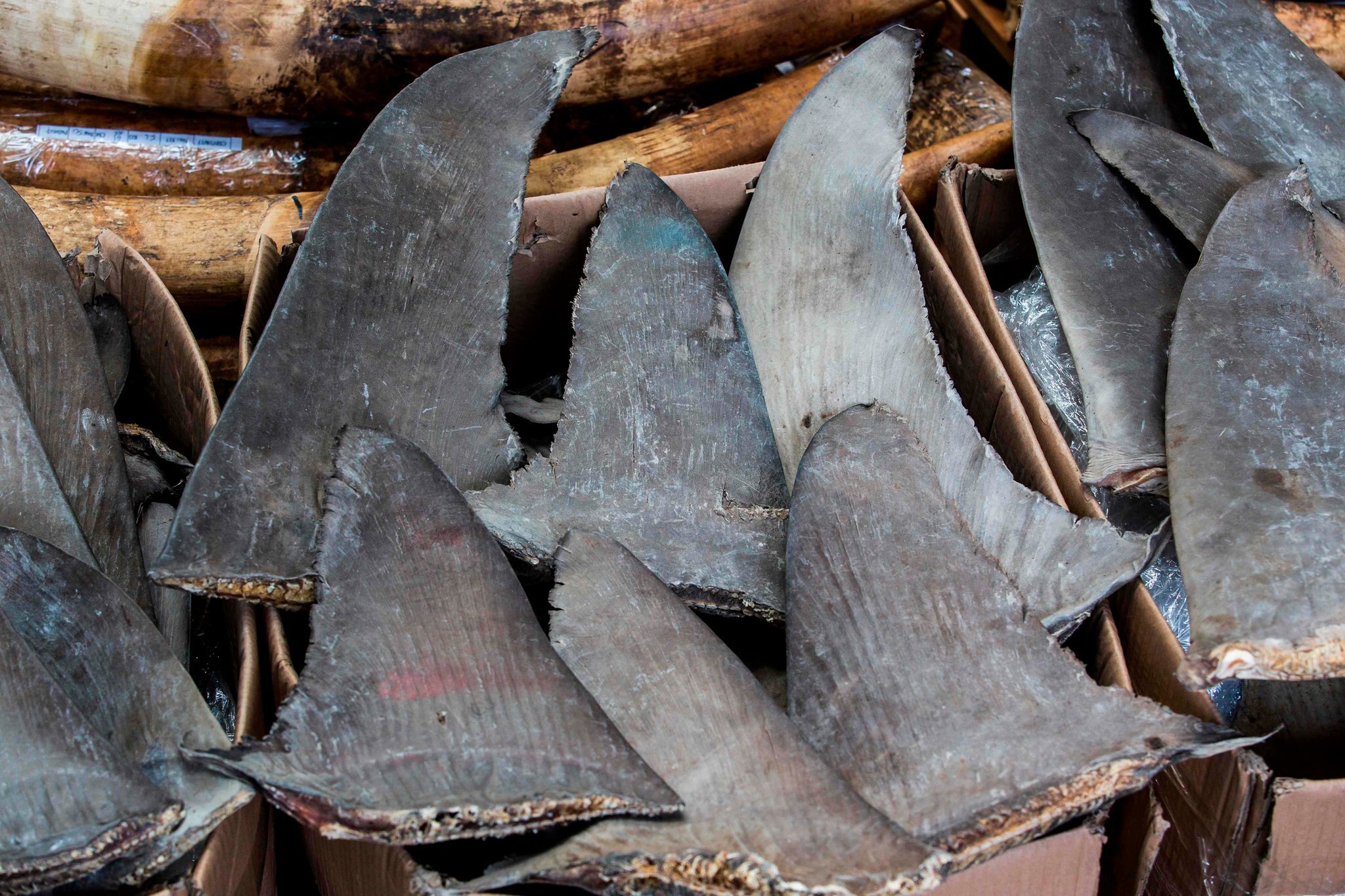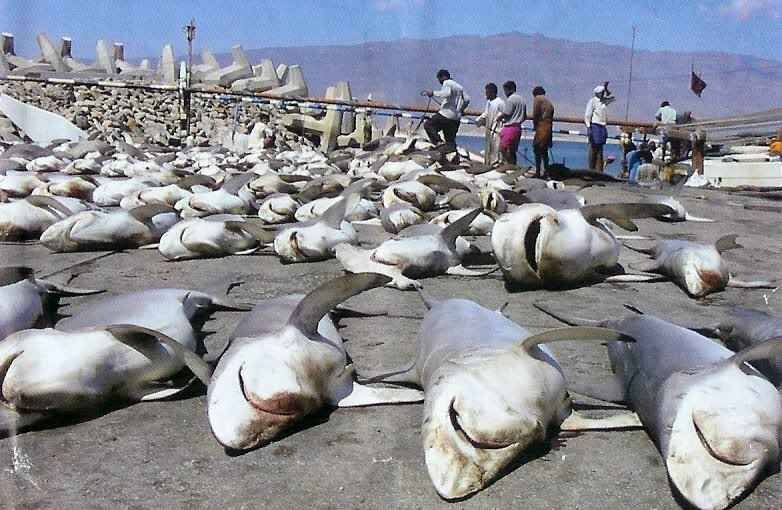DON'T BE FOOLED: WHY UK SHARK FIN IMPORT / EXPORT BAN IS 'MISLEADING'
Last week the UK government passed legislation that would prevent the import and export of detached shark fins to and from the country. After a successful campaign by UK shark charity “Shark Guardian” which began many months ago, the UK government put out a call for evidence in attempt to gain more data on the issue. This call for evidence has led to the government implementing an outright ban on detached shark fins in the UK. It is important here to understand that this does not prevent the import and export of sharks with their fins attached, with the ban focusing solely on detached shark fins.
The animal-welfare minister Lord Goldsmith In a statement last week said “Our action will not only help boost shark numbers, it will send a clear message that we do not support an industry that is forcing many species to the brink of extinction.”
In reality, the UK was never really a major player in the shark fin trade, both from an import and export perspective, with around 50 tonnes of shark fin exported in a 2 year period between 2017-2019. The actual act of finning was also banned in our waters over 20 years ago. To suggest this ban will help boost shark numbers, as the animal-welfare minister states is a little misleading. In reality, from a global numbers perspective, it is unlikely to make much difference at all. What it does do however, is present a clear message to the rest of the world, that the UK is against this practice and perhaps this is where a difference can be made.
I am not a shark fisheries expert, and don’t claim to be. My shark science specialties lie in other areas. However, as a scientist and conservationist, it is incredibly important to look at shark conservation issues like this holistically and consider all sides of the argument.
Bans on the trade of shark fins can help reduce the illegal trade of fins through countries that enact those bans because it becomes increasingly difficult for that trade to slip through the cracks, unnoticed. It is also considerably easier to enforce. However, the shark meat trade is arguably a larger component of shark fisheries, and with trade-bans the risk of rule-following fishers being economically penalised becomes much greater. Sustainable shark fisheries DO exist in many countries around the world and bans that work in some countries, may not be right for other countries. What it does highlight, is how complicated fisheries management for threatened species can be.
For now, we can only wait and see what kind of impact this new ban will have on sharks, and it should be an issue that is monitored closely in the coming years.
Words by Kristian Parton
If you would like to contribute a guest blog, please visit our ‘work with us’ page




